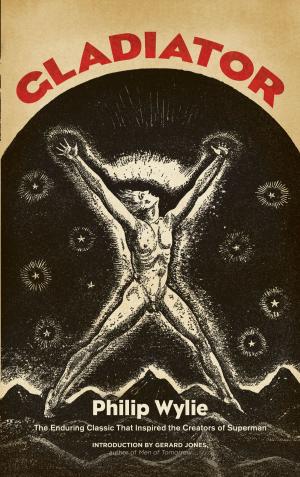| Author: | George Stubbs | ISBN: | 9780486140483 |
| Publisher: | Dover Publications | Publication: | July 6, 2012 |
| Imprint: | Dover Publications | Language: | English |
| Author: | George Stubbs |
| ISBN: | 9780486140483 |
| Publisher: | Dover Publications |
| Publication: | July 6, 2012 |
| Imprint: | Dover Publications |
| Language: | English |
George Stubbs (1724–1806), an English artist famous for his portraits of thoroughbred race horses and for other animal paintings, was also the author of the illustrations and text of The Anatomy of the Horse, one of the truly remarkable anatomical studies of its subject. First published in 1766, Stubbs' work was based on numerous dissections, a practice far from generally accepted in his century. Stubbs' horses, shown in this edition on 36 large plates, are memorable for their uncanny life-like quality, nobility, and extreme anatomical precision.
In this systematic study, Stubbs depicts the horse in three positions ― side, front, and back. He first presents the skeleton alone in each of these three positions, then devotes to each position five studies of layers of muscles, fascias, ligaments, nerves, arteries, veins, glands, and cartilages. Accompanying each of these eighteen etchings is a schematic etched outline with lettered parts that are keyed to the identifying text. The text is given both in Stubbs' original version and in a modernized version prepared in the Thirties by J. C. McCunn and C. W. Ottaway.
George Stubbs (1724–1806), an English artist famous for his portraits of thoroughbred race horses and for other animal paintings, was also the author of the illustrations and text of The Anatomy of the Horse, one of the truly remarkable anatomical studies of its subject. First published in 1766, Stubbs' work was based on numerous dissections, a practice far from generally accepted in his century. Stubbs' horses, shown in this edition on 36 large plates, are memorable for their uncanny life-like quality, nobility, and extreme anatomical precision.
In this systematic study, Stubbs depicts the horse in three positions ― side, front, and back. He first presents the skeleton alone in each of these three positions, then devotes to each position five studies of layers of muscles, fascias, ligaments, nerves, arteries, veins, glands, and cartilages. Accompanying each of these eighteen etchings is a schematic etched outline with lettered parts that are keyed to the identifying text. The text is given both in Stubbs' original version and in a modernized version prepared in the Thirties by J. C. McCunn and C. W. Ottaway.















